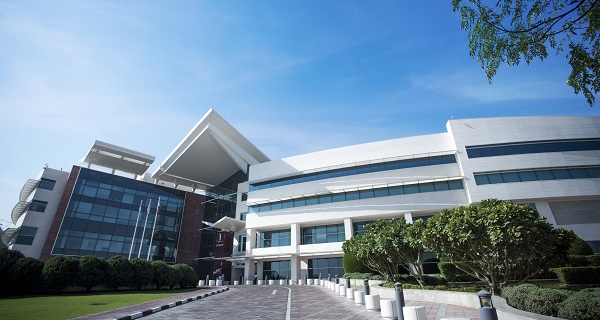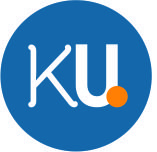DOHA (Qatar): The Aspetar Clinical Guidelines and Pathway Committee (ACGPC), chaired by Dr Paul Dijkstra, established a Guideline Development Group (GDG) to produce updated guidelines and pathways for the safe return to sports training and competition during COVID-19.
“These guidelines will be available soon and will assist clubs and federations to plan for a safe return to sports training and competition when the current COVID-19 measures allow it. The GDG will regularly update the document as new evidence emerges” said Dr Emin Ergen, who is leading the GDG.
But is it the right to return to sports training and competition?
Members of the Aspetar COVID-19 return to sports GDG say that it depends on many factors that differ from one country and region to another, such as the prevalence of COVID-19 in a country/ region, the capacity of the health system, the individual risk profiles of the athletes and the pressure to resume play.
“Until there is an effective treatment or a vaccine, resuming training or competition will always bear a risk. This risk can, of course, be mitigated by the usual infection control measures, but at the end, it all comes down to how much risk a country or an organisation is willing to take,” said Dr Olaf Schumacher.
Aspetar psychologist Sofiane Souissi stressed that suspending seasons and cancelling competitions could cause significant grief, stress, anxiety, frustration, and sadness for an athlete. It is completely normal that ‘Return To Play’ under the current circumstances might generate significant fear and worry about falling ill.
‘The good news is that most athletes will be able to handle the stress and anxiety and build on existing coping resources. However, we can expect that some will struggle and might need further support.











